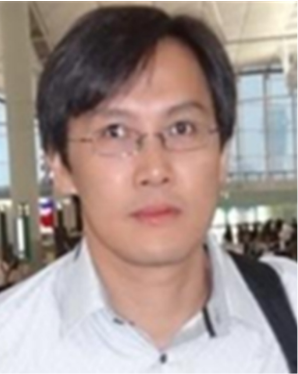
Xê-mi-na khoa học
12/06/2021: GS. Võ Bá Ngự (Curtin Univ., Australia), Random Set Models for Multi-Object Dynamical Systems
Multi-object systems are complex dynamical systems in which the number of objects and their states are unknown and vary randomly with time. These systems arise in many application areas, including multi-agents systems, surveillance, computer vision, robotics, machine learning, and so on. The standard vector State Space Model (SSM) fundamental to systems theory is not adequate to address multi-object systems. This seminar presents a multi-object system framework that generalizes the standard SSM via random set theory. We also present an overview of exciting developments in multi-object filtering, system identification, and control solutions, as well as applications such as autonomous cars/drones, computer vision, and large-scale problems.
Speaker: GS. Võ Bá Ngự, Curtin Univ.
Time: 15:30, Saturday, June 12, 2021
Venue: Webinar; Access code: https://bit.ly/2FkRlae

Vo Ba Ngu received his Bachelor degrees in Mathematics and Electrical Engineering with first class honors in 1994, and PhD in 1997. He had held various research positions before joining the University of Melbourne in 2000. In 2010, he joined the University of Western Australia as Winthrop Professor. He is currently Professor of Signals and Systems at Curtin University. Prof. Vo received the Australian Research Council’s inaugural Future Fellowship and the 2010 Eureka Prize for Outstanding Science in support of Defence or National Security. He is a Fellow of the IEEE, and is best known as a pioneer in the random set approach to multi-object system. His research interests include signal processing, systems theory and stochastic geometry with emphasis on multiple object tracking, robotics, and computer vision.
